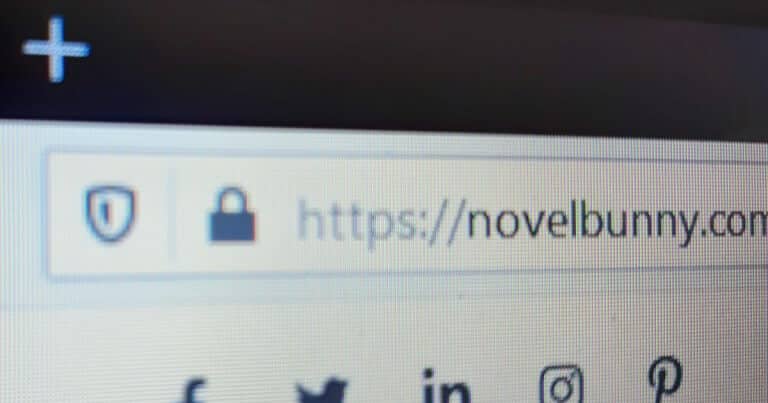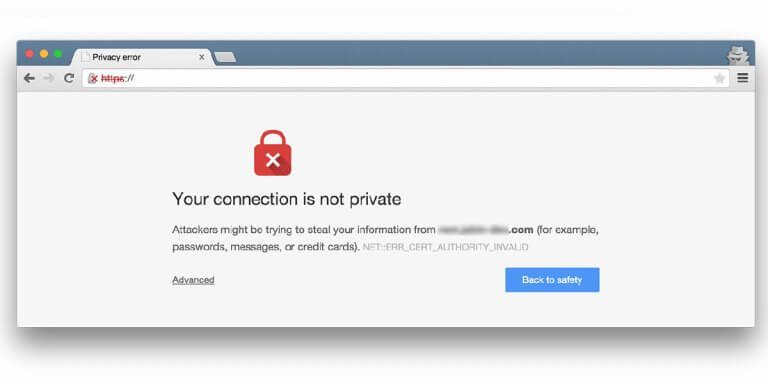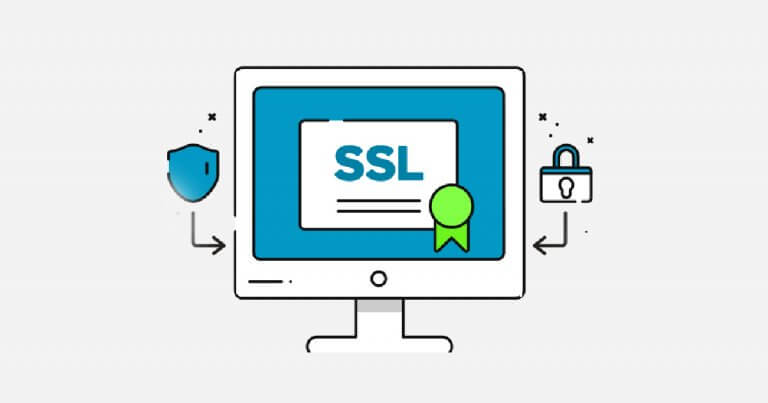
- by J. Peter
Free Vs Paid SSL Certificates
So, you came up with a domain name for your website, got some form of hosting and created a website for yourself, what’s next? For some of you it’s installing an SSL certificate and with that comes lots of questions.
While many hosting companies provide SSL certificates for their customers, this is not always the case, and in some instances, it may be necessary for website owners to obtain their own SSL certificate. This can be done through a number of different certificate authorities, and is a crucial step in ensuring the security of your website and the trust of your users.
Deciding if I should pay for an SSL certificate can be a bit frustrating, especially if you are new to the internet world and your only wish is to create a small website or blog for yourself. So we did a bit of research and found out exactly why having a SSL certificate for your website can have many benefits. But the question still remains the same – “Do I really have to pay for it?”. The short answer is NO, as there are countless free versions you can easily obtain, but where is the catch? To understand where is the catch we first have to take a closer look at SSL certificate.
What is SSL?
Secure Sockets Layer or for short SSL is a certificate that encrypts and protects your information you leave on a website by signing up for a newsletter, registering an account or sometimes by shopping using your credit card. The easiest way to check if the website has the certificate is to go to the address bar and check if the website has a key lock before the address following with “https://” . There are also websites that don’t use these certificates, but how do I know if I need it or not? – We will answer these and other questions down below.
- Why we need the SSL certificates
- What are the main differences between free and paid certificates
- What Free SSL certificates we recommend
- What are the alternatives

Why We Need The SSL Certificates
There are many websites on the internet that still don’t use these certificates, to be honest we don’t recommend that you visit or stay long in these websites and certainly don’t buy anything from these websites using your credit card. Here are the key reasons why we need SSL certificates for our websites:
- SSL certificates protects your data
- Provides authentication to a website
- Improves ranking on search engines
In simple terms, SSL certificates enhance the security of a website by protecting the personal information of visitors, such as registration details, purchase information, and sign-up data, when they interact on the site. This data may include (name, surname, banking details, address and other sensitive information) that we don’t want to get on any third persons hands.
When signed, the certificate is visible on address bar usually as a green or gray lock near the website URL. Most sites that don’t use these certificates are outdated or usually contain malicious software.
Buy using SSL certificate you allow your website to grow more organically and receive more traffic because since 2018 google has been flagging websites without SSL certificates to users as “Not Secure”. Sometimes you may also see “Your Connection is not private”.

The main differences between paid and free certificates
The most interesting thing we found about free and paid SSL certificates is that there is actually no substantial increase in security from paid certificates as they usually use the same level of encryption. The differences arise in different areas, such as ease of use, online support and lifespan.
Free certificates are valid only 90 days which means you have to renew them every three months and if you are not very tech savvy that might be a bit of a problem for you. However if you purchase a certificate it will be a lot easier and less time consuming. Also these certificates last up to 13 months and require less maintenance.
Free Certificate
( simplified )
- HTTPS
- Boosts SEO
- No Support
- No Warranty
- Validity 90 Days
Paid Certificate
( simplified )
- HTTPS
- Boosts SEO
- 24/7 Support
- Warranty
- Validity up to 397 Days
(13 Months) and more.
Free SSL certificates

As the name defines, free SSL certificates do not require any payment. They can be quickly downloaded and are very easy and convenient to use. (Installation Guide). No validations are required, anyone can get one.
Here are some of the free SSL certificate providers we recommend. (ZeroSSL is the one we are testing right now)
1. ZeroSSL
ZeroSSL is a relatively new platform that offers an alternative to Let’s Encrypt offering a completely free platform for SSL certificates. Offer includes certificates for your website, domain or backend system through an easy-to-use user interface and API. With ZeroSSL you can get not just single domain and multi-domain but also wildcard certificates free of charge through ACME. With ZeroSSL you can also create 1 year certificates with affordable subscription plan.
Try ZeroSSL now for free
2. CloudFlare
Cloudflare is the first internet performance and security company to offer free SSL protection to users. They offer free SSL certificates to WordPress users to ensure secure data transfer between the website and its visitors. WordPress is a widely used website framework, which makes it a target for hackers and malicious bots. By offering free SSL certificates to the WordPress community, Cloudflare aims to protect against data theft and tampering on the internet. Cloudflare is committed to encrypting as much web traffic as possible to create a safer internet experience. (Just install cloudflare plugin on WordPress) Also you don’t have to renew it manually, it is done automatically.
3. SSL.com
SSL.com is a leading provider of secure communication solutions, including SSL and TLS certificates. The company offers a range of products and services, including a free 90-day SSL certificate for new customers. With this offer, organizations can test out the security and performance of SSL.com certificates before committing to a longer-term plan. In addition to its paid certificates, SSL.com also offers a variety of other security solutions, including managed PKI services, digital signatures, and two-factor authentication. The company is known for its excellent customer service and responsive support team, making it a trusted and reliable partner for organizations that need to secure their online communications.
Other Paid Alternatives
Premium paid SSL certificate providers offer a higher level of security and trust compared to free SSL certificate providers. These providers often have more stringent validation processes and offer additional features such as extended warranties, site seals, and dedicated customer support. Some examples of premium paid SSL certificate providers include Symantec, Comodo, and Geotrust. These companies have established reputations for providing high-quality SSL and TLS certificates to businesses and organizations around the world.
Conclusion
SSL certificates are an essential tool for ensuring the safety and security of your online communications. Whether you’re running a small personal website or a large business, it’s important to protect your users’ information from hackers and identity thieves. While it’s true that there are many options for free SSL certificates, it’s important to keep in mind that these may not offer the same level of protection as premium paid certificates. However, the good news is that even if you’re on a tight budget, you can still get the security you need thanks to the availability of free SSL options. So don’t skimp on security – make sure to get an SSL certificate and protect yourself and your users online.
Thanks for reading!
Must Read
Disclosure: Some of the links within this post are affiliate links of which I receive a small compensation from sales of certain items.





